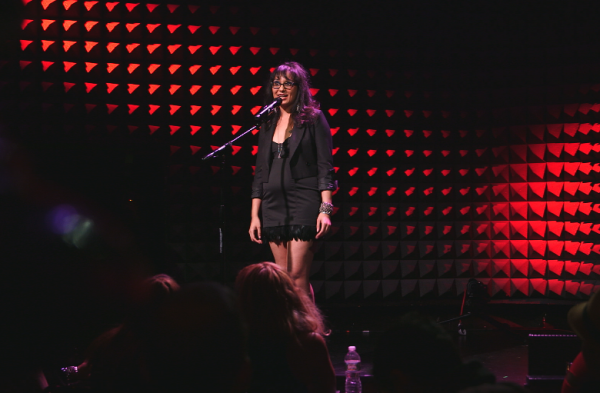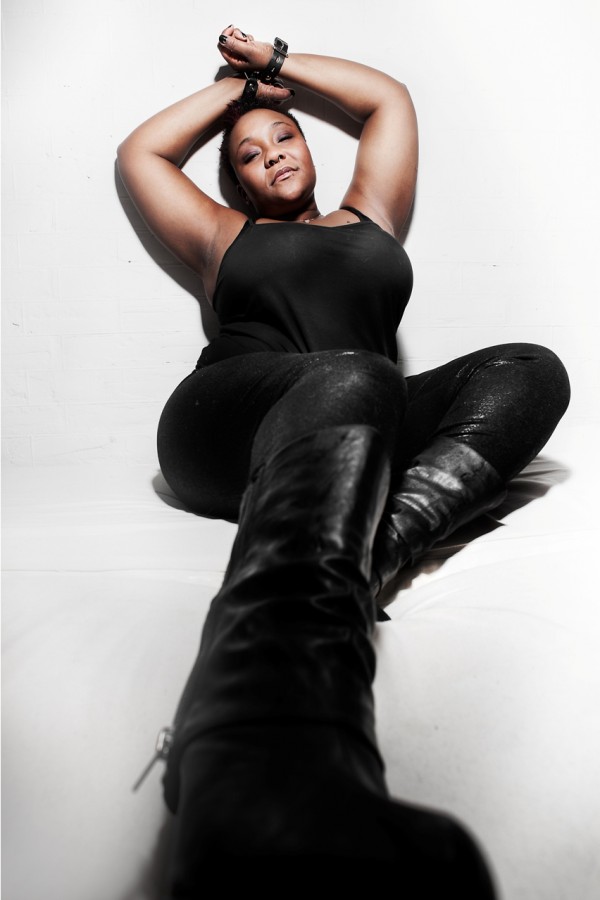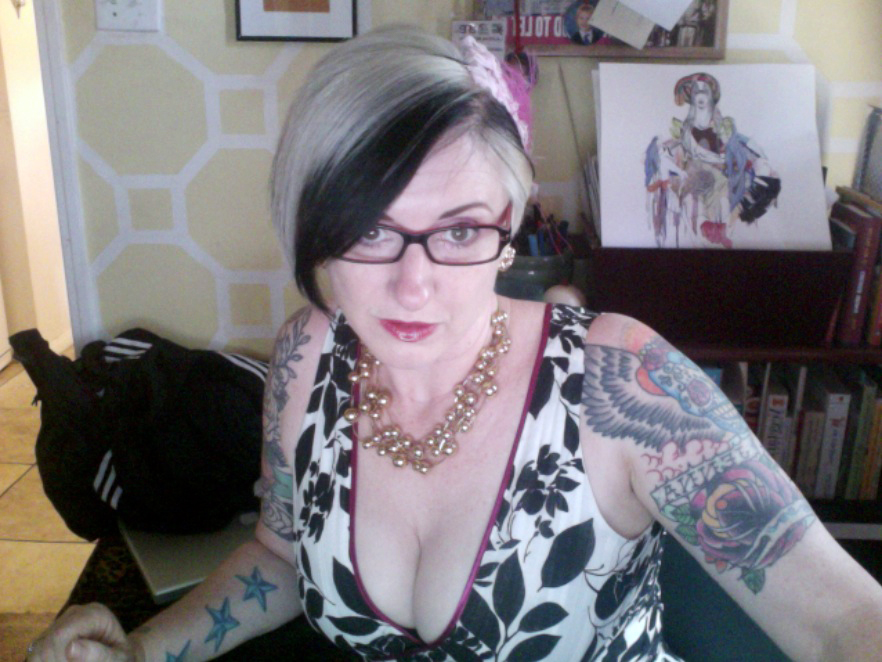Activist Spotlight: Anna Saini on Identity and Being An Unlikable Survivor

Anna Saini is a community organizer with Voices of Community Activists and Leaders – New York (VOCAL-NY), where she works towards ending the drug war, mass incarceration and racist policing. Her writing appears in Bitch magazine, make/shift magazine, the forthcoming Dear Sister Anthology, her self published anthology Colored Girls, as well as both Red Umbrella Project writing workshop literary anthologies, Prose and Lore issues One & Two. She is a Brown and proud captivating performer, a veteran Red Umbrella Diaries storyteller who is featured along with six other sex worker storytellers in the upcoming documentary, “The Red Umbrella Diaries: A documentary about sex worker stories.” Writing can be a great vehicle for social change and Anna’s work is an example of this kind of activism.
Sometimes you have to reach back into an uncomfortable past to make meaning out of it. You’re a contributor to the forthcoming anthology Dear Sister, about healing from sexual assault. What did you share in it about your healing process?
The call-out for submissions for the anthology presented the opportunity to write a letter saying whatever you always wanted to say to another survivor. I know that often when we think of a “survivor” the expectation is that the person is valiant, strong and resilient. I wanted to talk about the flip-side of survival, the part that many consider ugly or uninspiring, the part that breaks down these myths about who we are.
I wanted to say what people don’t say about surviving, so that I could feel less alone in the experience and reach out to others so that they could also feel less alone. A lot of folks who have survived violence that I’ve known are damaged in some kind of way. Instead of ignoring that damage, I wanted to acknowledge it, maybe even revel in it. I wanted to talk about that damage, explain what it looks like on me.
 Sophia St James is all smiles. The former stripper and current queer pornographer, activist, and sex educator, had taken a seat on the soft couch of the quiet, NE Portland feminist bookstore. The perpetually busy James had found a few minutes from her day to meet with me and I was thrilled.
Sophia St James is all smiles. The former stripper and current queer pornographer, activist, and sex educator, had taken a seat on the soft couch of the quiet, NE Portland feminist bookstore. The perpetually busy James had found a few minutes from her day to meet with me and I was thrilled.
